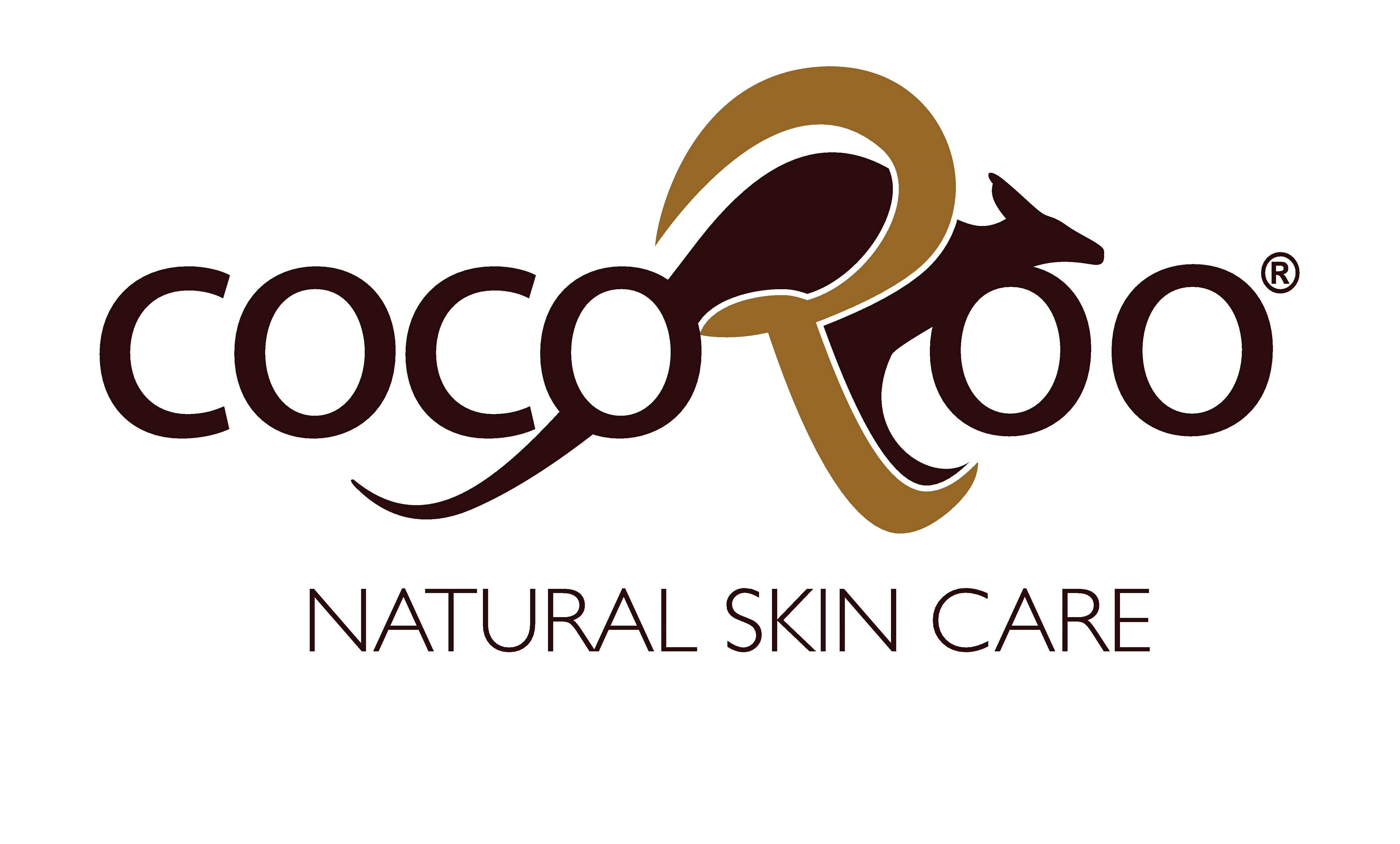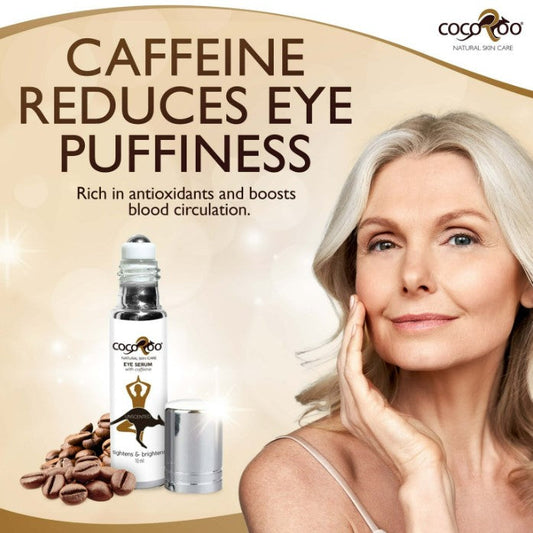
In recent years, jojoba oil has skyrocketed in popularity as a versatile and effective natural skincare ingredient. From its ability to deeply moisturize without clogging pores to its anti-inflammatory properties, this golden liquid has earned a top spot in skincare routines worldwide. But beyond the surface, there’s even more to this oil than meets the eye—jojoba oil is rich in ceramides, making it a powerful tool for maintaining healthy, resilient skin.
In this comprehensive guide, we’ll dive deep into the benefits of jojoba oil, explore the role of ceramides in skincare, and share top dermatologist recommendations for incorporating jojoba oil into your daily routine.
What Is Jojoba Oil?
Jojoba oil (pronounced ho-HO-bah) is a liquid wax derived from the seeds of the Simmondsia chinensis plant, a shrub native to desert regions in the southwestern United States and northern Mexico. Unlike most oils, jojoba oil is not actually an oil at all—it’s a wax ester, which closely resembles the natural sebum (oil) produced by human skin. This unique structure makes jojoba oil exceptionally compatible with all skin types, from dry to oily, and even sensitive or acne-prone skin.
Key Properties of Jojoba Oil:
- Rich in fatty acids and antioxidants: Jojoba oil contains essential fatty acids and vitamin E, both of which are vital for skin health and protection.
- Non-comedogenic: It won’t clog pores, making it ideal for those with acne-prone or oily skin.
- Anti-inflammatory: Jojoba oil helps reduce redness, irritation, and swelling.
- Deeply moisturizing: Its emollient properties keep skin hydrated for longer periods.
But what sets jojoba oil apart from other natural oils is its high concentration of ceramides.
Ceramides and Their Role in Skin Health
Ceramides are a class of lipids (fats) that are naturally found in high concentrations in the outermost layer of the skin (the stratum corneum). They are a critical component of the skin’s moisture barrier, acting like "glue" that holds skin cells together. This barrier plays a vital role in retaining moisture, protecting against environmental damage, and keeping harmful irritants out.
When your skin’s ceramide levels are depleted—whether due to aging, environmental stressors, or harsh skincare products—it can lead to dryness, irritation, and an increased risk of conditions like eczema and psoriasis.
What do Dermatologists recommend?
- Dr. Michele Green, MD: “Jojoba oil is highly moisturizing and emollient, making it excellent for soothing dry or irritated skin. Its composition closely resembles the skin’s natural oils, allowing it to penetrate deeply without clogging pores, which is why it’s effective for both dry and oily skin types.”
- Dr. Rachel Nazarian, MD (Schweiger Dermatology Group): "Jojoba oil has anti-inflammatory properties, making it helpful for inflammatory skin conditions like eczema and psoriasis. Its ability to mimic skin’s natural sebum helps maintain balanced hydration and prevents excessive oil production, which can reduce acne."
- Dr. Dendy Engelman, MD (dermatologic surgeon): “Jojoba oil is rich in antioxidants and nutrients like Vitamin E and B-complex, which aid in skin repair and protect against free radical damage. It’s also non-comedogenic, making it a great option for people with sensitive or acne-prone skin.”
CocoRoo Natural Skin Care has 2 best selling products that include pure Jojoba Oil. Try it today to experience the wonderful results of the highest natural form of ceramides on Earth.




